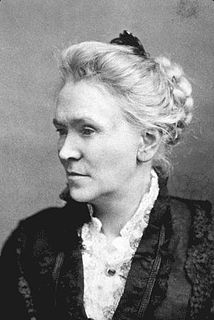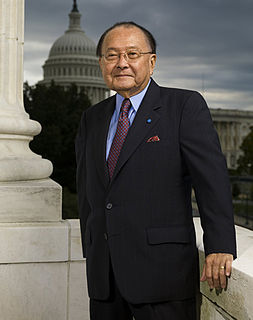A Quote by John Ralston Saul
The most powerful force possessed by the individual citizen is her own government. ... Government is the only organized mechanism that makes possible that level of shared disinterest known as the public good.
Related Quotes
By deriving it's just powers from the governed, government becomes primarily a mechanism for defense against bodily harm, theft, and involuntary servitude. It cannot claim the power to redistribute money or property nor to force reluctant citizens to perform acts of charity against their will. Government is created by the people. No individual possesses the power to take another's wealth or to force others to do good, so no government has the the right to do such things either. The creature cannot exceed the creator.
Action at the city level is what will make national momentum possible on our most urgent issues, and this is the level of government where we are closest to people, where we can innovate and move quickly. Most importantly, this is the level of government where we uniquely are in the position to earn the trust of our communities.
The most stupendous system of organized robbery known has been that of the church towards woman, a robbery that has not only taken her self-respect but all rights of person; the fruits of her own industry; her opportunities of education; the exercise of her judgment, her own conscience, her own will.
Government force is derived from the sum of the physical force each citizen could exert which by one citizen himself would be ineffective, but when summed from the force of all the area's citizens indeed composes a power no citizen or group can withstand. That force is then rightly but justly to be used against those who violate the foundation pillars of freedom.
The proper role of government is exactly what John Stuart Mill said in the middle of the 19th century in "On Liberty." The proper role of government is to prevent other people from harming an individual. Government, he said, never has any right to interfere with an individual for that individual's own good.
I rejoice that liberty . . . now finds an asylum in the bosom of a regularly organized government; a government, which, being formed to secure happiness of the French people, corresponds with the ardent wishes of my heart, while it gratifies the pride of every citizen of the United States, by its resemblance to their own.
Strictly enforce the scale of "fixed responsibility." The first and foremost level of responsibility is with the individual himself; the second level is the family; then the church; next the community, finally the county, and, in a disaster or emergency, the state. Under no circumstances is the federal government to become involved in public welfare. The Founders felt it would corrupt the government and also the poor. No Constitutional authority exists for the federal government to participate in charity or welfare.
The influence over government must be shared among all the people. If every individual which composes their mass participates of the ultimate authority, the government will be safe, because the corrupting of the whole mass will exceed any private resources of wealth, and public ones cannot be provided but by levies on the people. In this case every man would have to pay his own price.
For what is meant by saying that a government ought to educate the people? Why should they be educated? What is the education for? Clearly, to fit the people for social life - to make them good citizens. And who is to say what are good citizens? The government: there is no other judge. And who is to say how these good citizens may be made? The government: there is no other judge. Hence the proposition is convertible into this - a government ought to mold children into good citizens, using its own discretion in settling what a good citizen is and how the child may be molded into one.


































